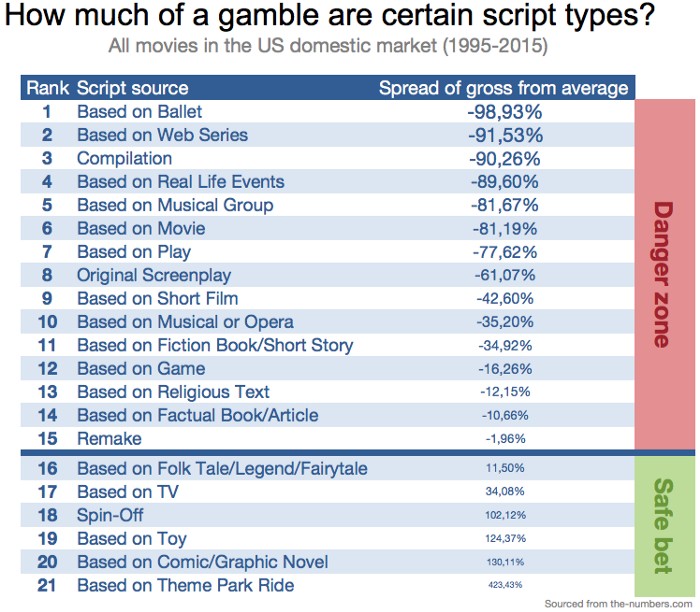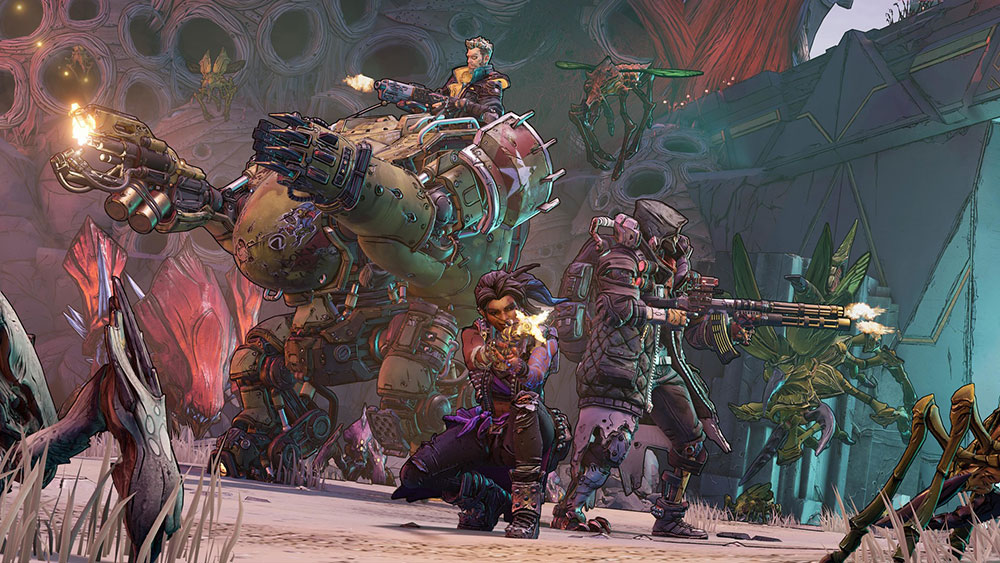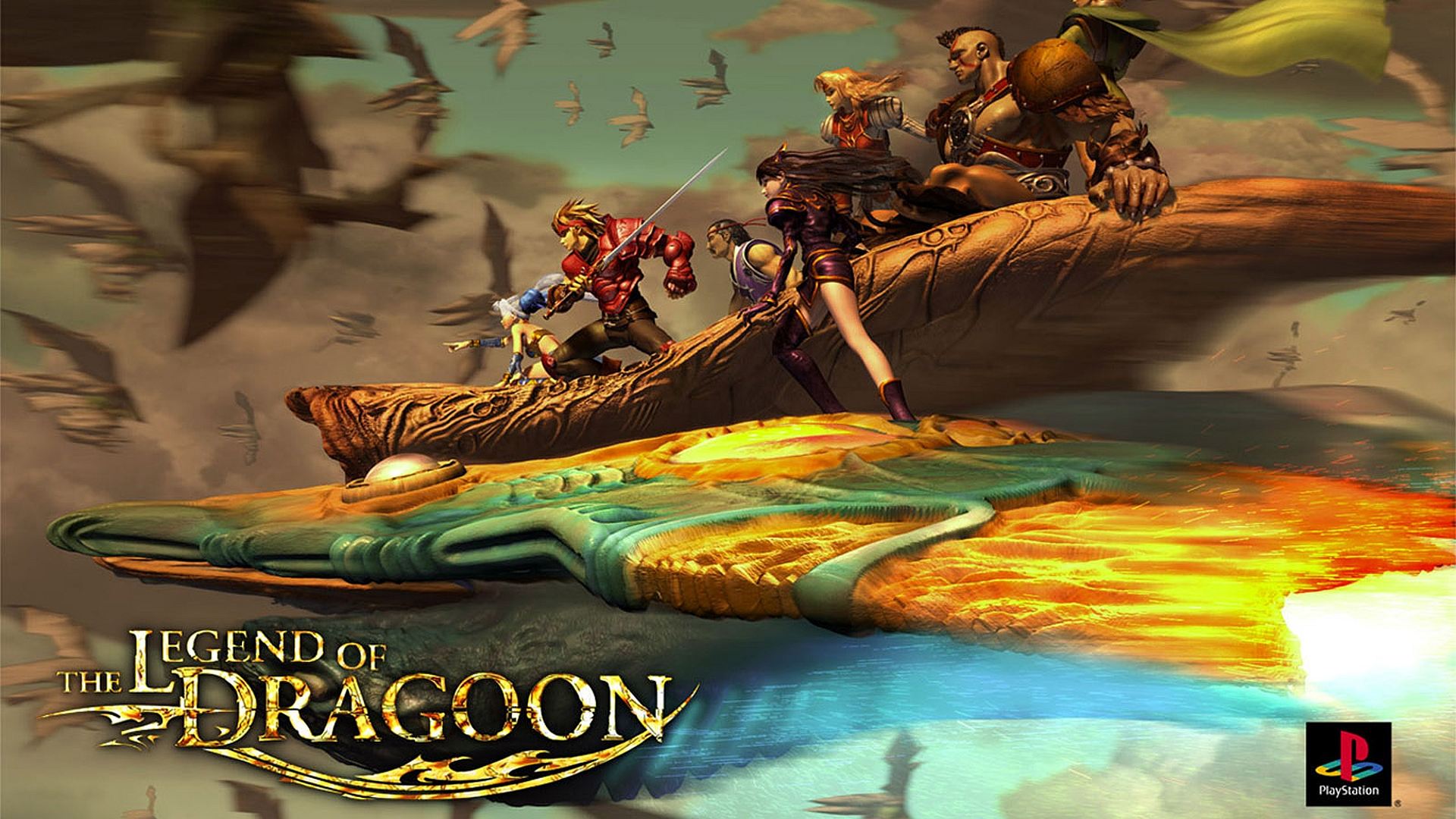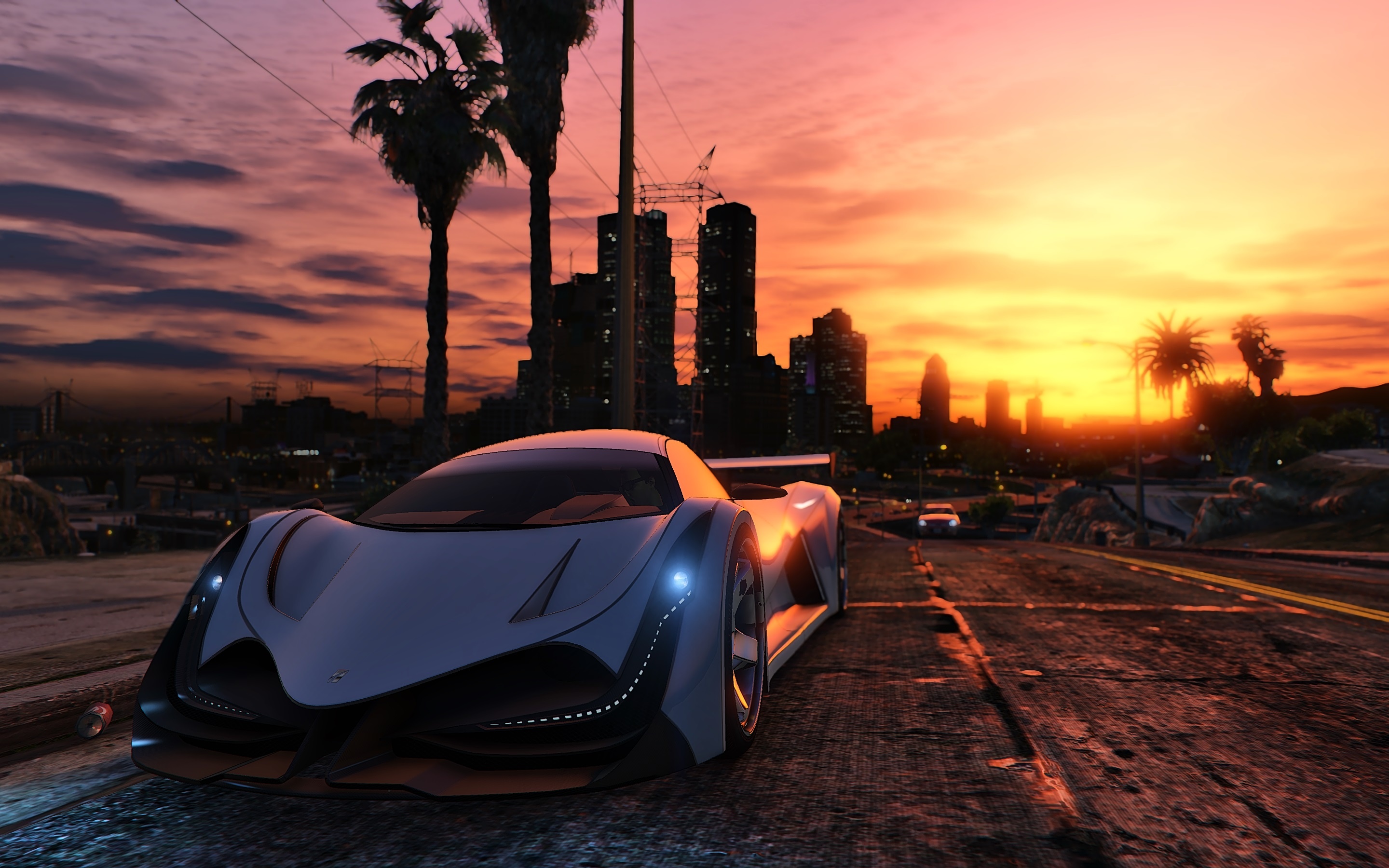It seems there are more unoriginal games nowadays (whether it’s in the form of sequels, remakes, remastered, etc.) For console gamers (or even PC gamers), you should know there is a remake of a legendary game, Final Fantasy VII (FFVII). A while ago, two remastered games were being released close to each other, Mafia II and Saints Row the 3rd.
We don’t even talk about Skyrim or GTA V yet. Those two games have been reproduced many times to the newer platforms. Skyrim even has 3 versions on PC, Skyrim, Skyrim Special Edition, and Skyrim VR.
The similar reproduction phenomenon isn’t just happening in the gaming industry but also in other contents such as songs or movies/TV series.
This is getting worse if we are talking about mobile games because there are so many of them add familiar characters into new games — legally or illegally.
So, the big question, why is this happening and getting more frequent in our time?
There are 5 answers from different perspectives that I found. So, without further ado, these are the answers.
1. Low Cost and Low-Risk Effort of Business
The first answer could be the simplest to understand by everyone. Every business has a risk because it needs investments but it doesn’t always work.

By reproducing the same idea, the cost of doing business is automatically cheaper since there is no need to create the product from zero. Remastered version, for example, doesn’t need script writers, character designers, game designers, voice actors, or music composers. The developer just needs to improve the textures or add some new graphic features in the remastered version.
Remake definitely needs more resources (people, money, and time). Just as FFVII getting remade, the developer has to build the game from the ground. However, it still has one crucial factor that makes it lower risk, which is the audience (market).
FFVII is one of the legendary games from the first PlayStation. Even if you haven’t played, you should have heard of it. That’s why the developer and publisher don’t need to worry about creating a new market because it already exists.

Creating a new market isn’t easy. Gearbox, for example, made Battleborn a couple of years ago. Unfortunately, their effort to introduce new franchise doesn’t work. It means the result is not worth the time, effort, and investments to bring Battleborn to life.
Gearbox has been more successful with Borderlands 3 (which is a sequel) because it already has audiences since BL2 or even BL1.
I think it’s also the case with why so many mobile games offer little value in its authenticity (even though the concept of originality could be up for debate, which will be discussed later). From my experience observing the mobile gaming industry, indeed most (if not all) of mobile games are inspired by (if not copying) the others. It could be in the form of gameplay, characters, or other aspects.
Before we move to the second answer, which will take the user’s perspective, I want to say that remake, remastered, sequel/prequel, spin-off, or any other form that’s not truly original isn’t always negative.
I returned to Skyrim when Bethesda released its Special Edition (which is free for the owner of the base game and all of its DLC). I am also really impressed with Square Enix’s effort in FFVII Remake.
Even though derivative games mean lower cost and lower risk, we can’t judge it too quickly before we experience its implementation. On the other hands, every original thing isn’t automatically a good thing.
2. Nostalgia, Narcissism, dan Familiarity
Every product could stay in the market because it has its own market. This is also the case with the remake, remastered, spin-off, sequel, etc. We love those kinds of products.
There are 3 reasons that I found, from the user’s perspective, on why we love them.
The first and most apparent reason is nostalgia. Who doesn’t like feeling nostalgic? I still remember the feeling when I played Suikoden 2 or Legend of Dragoon on PSX and hope there will remake of them on PC in the future.

When we are listening to vintage songs, watching classic movies, or playing old-school games, our minds remember the sweet memories when we were a child or teenager.
Besides nostalgia, classic products could also be used to satisfy our narcissistic needs. Every person is a narcissist, though at different levels. This is why social media is viral nowadays because, one of the reasons, we like to advertise ourselves in front of our friends and the virtual worlds.
Games, songs, films could be a tool to advertise our taste. If you don’t believe me, you could post, “write 5 of your favourite songs during high school…” I think there will be many people to show their taste to you. This is happening with FFVII because we could show off to the people that this game is a part of our younger life.
Last but not least, one reason that makes us love classics is the familiarity principle/mere-exposure effect. With the hype of MCU in the big screens (which is also the results of familiarity with the comics), more people become familiar with characters in the Marvel universe. This is utilized (or exploited) very well into games on many platforms. Some people could use intertextuality theory, instead of familiarity.
This familiarity also works in our life. When joining a new company, there is a certain comfort to know we already knew someone there. When driving, we also prefer to go through a familiar route.
Those are the 3 factors that make us, as users, susceptible to remake, remastered, sequel, etc.
3. Technological Advancements
One more factor comes from another different perspective. The third perspective comes from the fast technological advancements these years.
In 2011, Ray Kurzweil even said, “so we won’t experience 100 years of progress in the 21st century — it will be more like 20,000 years of progress (at today’s rate).”
We don’t play classic games anymore because, one of them, is the bad graphic. This is happening because the advancement in graphic technologies is swift. Lets compared two games from Rockstar, GTA V and RDR 2. RDR 2 (2018) was released in just 5 years after GTA V (2013). However, if you compare the visual between them, RDR 2 is so much better.

Before this era, for example, during Super Nintendo (SNES) age, graphic technology development was so much slower. SNES was released first time in 1990 and stopped in 2003. So, its lifetime reached 13 years. PlayStation 4 was released in 2013 but we will see the release of PlayStation 5 soon enough, even though it’s still 7 years later.
This graphic technology development becomes so much faster when we see it through mobile and PC gaming.
On the other side, your standard of technology depends on your experience. For example, if you haven’t used a monitor with 120Hz refresh rate or higher, you won’t feel the need to use it. It’s also the case when you usually use headsets, keyboard, and mouse under $10. Big chance, you don’t need peripherals above $100.
A similar thing also happens in regards to game graphics. If you usually play on PC with the best graphic setting plus ReShade or ENB, you can’t stand to see console’s or even mobile’s graphics. PC Master Race FTW!

Furthermore, technology also makes it easier for the reproduction processes. This is why Skyrim is easier to reproduce, compared to Morrowind or Oblivion. Another example? It’s faster to recreate songs in the digital era, compared to when it’s on vinyl.
When the process is easier or faster, it will lower the cost to recreate the products.
4. The industry is about Reproduction
If the previous 3 answers are easier to understand, the last two remaining answers could be more difficult.
Theodor Adorno and Max Horkheimer coined a theory called culture industry. This theory says that films, music, and other contents could not be categorized as arts anymore, but products of enterprises. You could search and read it yourself since it will be too long to explain it here.
Theory from Adorno and Horkheimer could be seen as irrelevant with what I want to explain here. However, I mention it because it’s a fascinating topic to learn for people who wants to work in the creative industry.
Since contents (including games) could not be seen as art anymore, it makes sense if the products are replicated to maximize profit.
I’m sure there isn’t an outcry when a lamp is reproduced a million times every day. The designs of mice, keyboards, headsets, or smartphones are also similar among different models.
We don’t (mostly) protest about those things above. Why do we complain about similar contents? All of them are just products of industries.
Despite some people (including me) will still believe that games, music, or films are work of art, the primary purpose of those contents is to generate revenues.
5. Originality is overrated
The last answer could be seen as debatable because I will scrutinize the concept of originality.
Mark Twain said, “the kernel, the soul, let us go further and say the substance, the bulk, the actual and valuable material of all human utterances is plagiarism.”
He believed that there is no such thing as an original idea since every subject in this world must have been written and examined. The concept of a heroic story, for example, was already found when Beowulf was written a thousand year ago. Heart-broken or love songs? Indeed, we can find them in every generation.
We live in a time when civilization is already 6000 years old. It’s too arrogant or naive if you believe your idea is the first in history. Even the invention of computers came from so many different people’s vision. Every innovation in our history is the result of collaboration (effort and idea) from us as a society.
With the civilization getting older, there will be more unoriginal products in the form of a remake, remaster, sequel, or anything.
I know the fifth answers could be reaching too far from the specific question in the title. Nevertheless, it’s interesting to realize that the concept of originality isn’t as simple as you thought.
However, please don’t use this theory to justify shamelessly copying or plagiarizing other products just for the sake of taking a shortcut into profit.
Final Words
Those are the 5 answers that I can found that maybe could explain why so many remakes, remastered, sequels, in the gaming industry or even other creative endeavours.
From the business, market, and technology perspectives, reproduction makes sense to maximize profits. On the other side, from the culture industry and the concept of originality, it’s inevitable.
The original article is in Indonesian, translated by Yabes Elia
